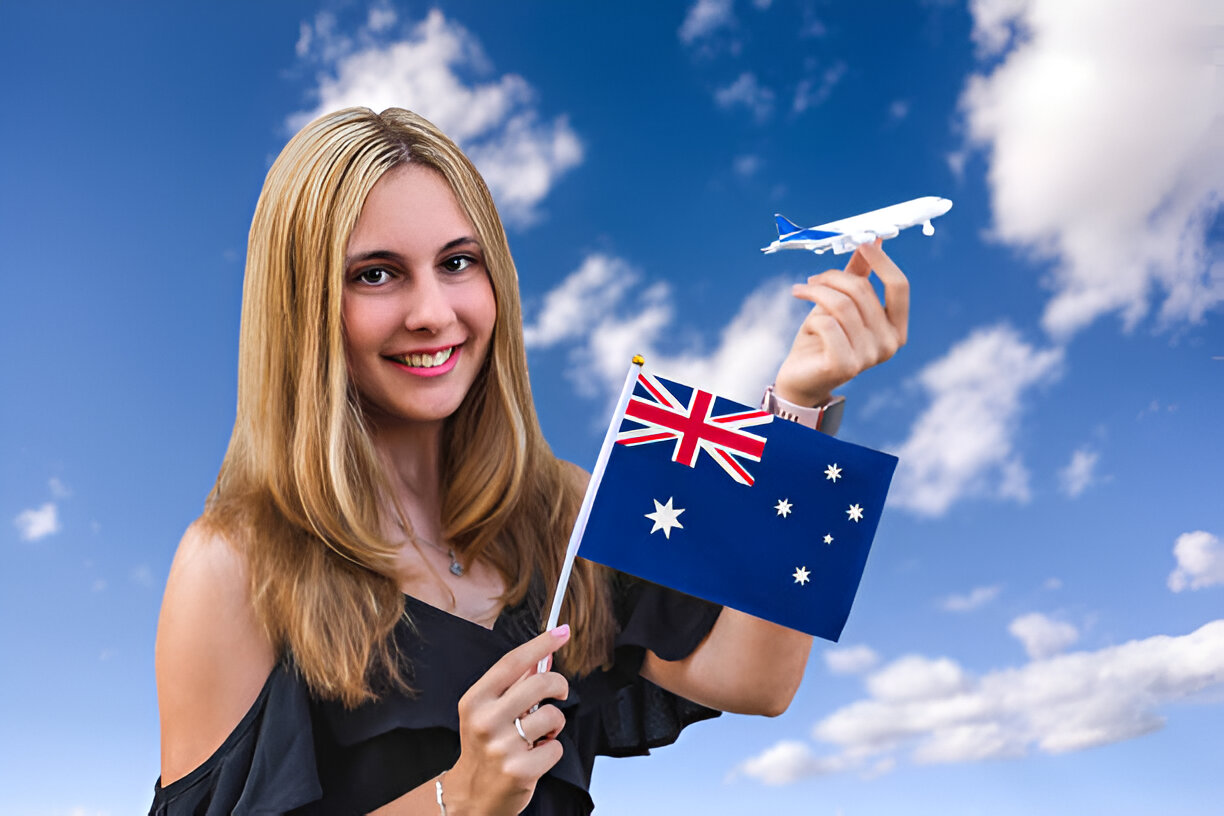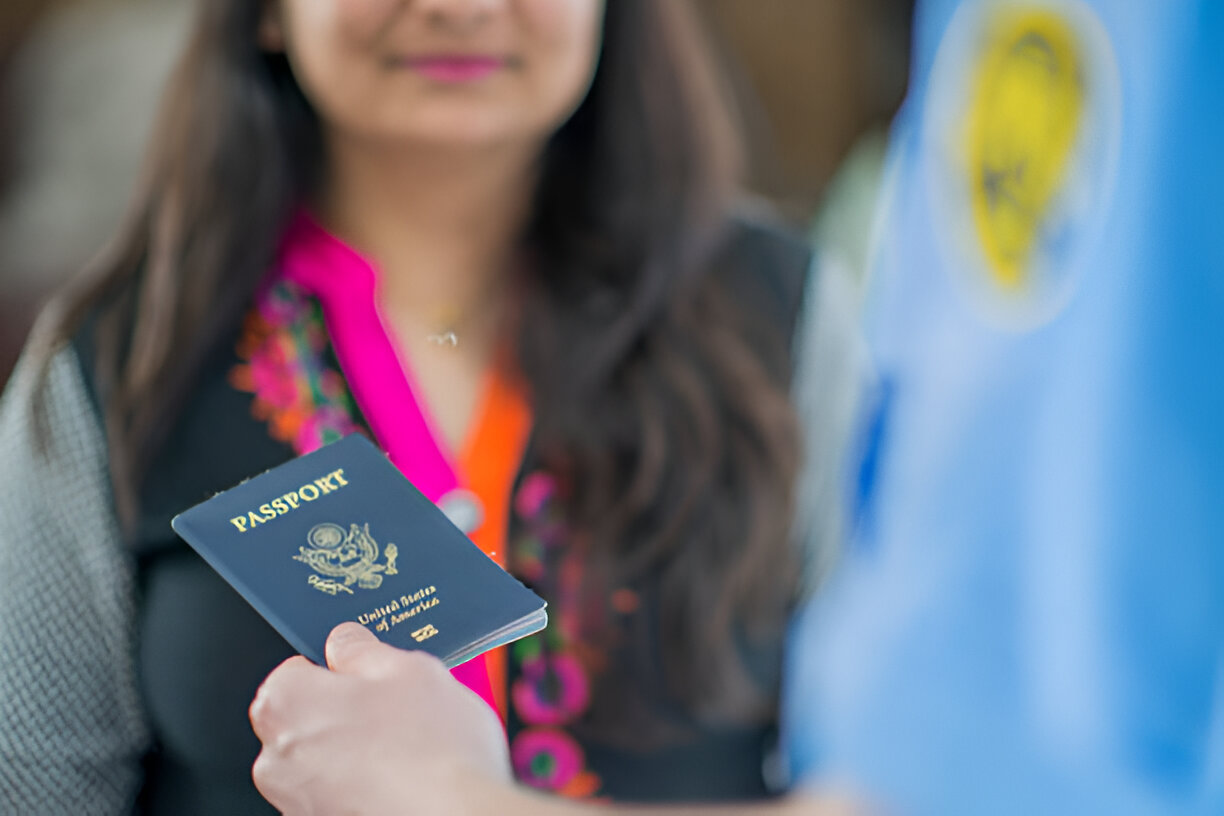Study In Hungary
Home / Study Destination / Hungary
If You Need Any Help Contact With Us !

Embark on Your Academic Journey in Hungary
Discover exceptional educational opportunities in Hungary, a country renowned for its rich history, vibrant culture, and high-quality education. Join a diverse community of international students and experience a unique blend of tradition and innovation.
Why Choose Hungary for Your Studies?
Hungary offers a compelling combination of affordability, academic excellence, and cultural richness, making it an attractive destination for international students.
Affordable Education
Tuition fees range from €5,000 to €12,000 per year, depending on the program and institution.
High-Quality Institutions
Hungary boasts several universities ranked among the top in Europe, offering a wide array of programs in English.
Cultural Experience
Immerse yourself in Hungary’s rich history, vibrant arts scene, and diverse cultural heritage.
Strategic Location
Situated in Central Europe, Hungary provides easy access to other European countries, enhancing your travel and cultural experiences.
Find Your Ideal University
Whether you’re interested in engineering, business, arts, or sciences, Hungary’s institutions cater to a wide array of academic interests. Benefit from personalized guidance to find the university that aligns with your career goals and aspirations.
- Get personalized guidance based on your career goals.
- Explore options from world-renowned Hungary universities.
- Learn about scholarships, admission requirements, and visa regulations.

Scholarship Opportunities
Make education in the Hungary more affordable with access to exclusive scholarships for international students.
- Access exclusive scholarships.
- Explore merit & need-based aid.
- Find university-specific funding.
- Boost your approval chances.
- Stay updated on new offers.
- Secure financial support easily.
Step-by-Step Guide to Applying for a Hungarian Student Visa
Understanding the Student Visa
Eligibility
Requires acceptance into a full-time program at an accredited Hungarian institution.
Visa Duration
Typically valid for the length of your course plus additional time for travel.
Work Rights:
Students can work part-time while studying and full-time during vacations.

Visa Application Process
Obtain an Acceptance Letter
From a recognized Hungarian university.
Valid Passport
Proof of Financial Means
Bank Statements, Scholarship letters, Sponsorship documents
Health insurance
Valid for the entire Schengen Area
Proof of Accommodation
University dormitory confirmation or rental agreement
Flight reservation
Financial & Academic Requirements
Proof of Funds
Demonstrate a minimum of €1,000 per month for living expenses, totaling at least €10,000 for a 10-month academic year.
Health Insurance
Must cover medical expenses up to €30,000 and be valid across the Schengen Area.
Submit Application
At the Hungarian embassy or consulate in your home country.
Visa Interview
Attend Visa Interview: If required.
Await Decision
Visa processing times vary; plan accordingly.
Visa Interview Tips
Common Questions
Study plans, financial capability, and post-graduation intentions.
Professional Presentation
Dress formally and provide clear, confident responses.
Demonstrate Intent to Return
Highlight ties to your home country, such as family and career prospects.

Post-Arrival Guidelines
Maintain Student Visa Compliance
Stay enrolled full-time and follow visa conditions.
Work Opportunities
Gain practical experience through part-time jobs and internships.
Travel Regulations
Ensure compliance with visa conditions before international travel.

Finding Accommodation in Hungary
University Dormitories
Affordable and convenient options, though availability may vary.
Private Rentals
housing; costs range from €275 to €750 per month, depending on location and type.
Budgeting
Plan for rent, utilities, food, transportation, and other living expenses.

Genuine reviews from satisfied students


Areej
- University of
Fawad Ahmad
- University of
Ishtiyaq Ahmad
- University of Law
Kashmala Adrees
- University of
M Abdullah
- University of Chester
M Adeel
- University of
Sohaib Amjad
- Ulster University Birmingham
Suleman
- University of
Sayed Turab
- University of Bradford
Zaheer Abbas
- University of Hertfordshire
FAQs – Study in Hungary for Pakistani Students
Got questions? We’ve got answers! Check out our FAQ section for everything you need to know about applications, scholarships, and life in Hungary
1. What is the most common type of student visa for Pakistani students to study in Hungary?
The most common visa is the Hungarian Type D Student Visa, issued for long-term study purposes if your course duration is more than 90 days.
2. How long does it take to process a student visa application from Pakistan?
Visa processing time is typically 4 to 8 weeks, depending on the embassy workload and completeness of your documents.
3. Can I work while studying in Hungary on a student visa?
Yes, Pakistani students can work part-time up to 24 hours per week during semesters and full-time during holidays under Hungarian immigration rules.
4. What is the Genuine Student requirement for Hungary?
You must prove you’re a genuine student by showing academic consistency, financial capacity, and the intent to return to Pakistan after studies unless legally applying for further stay.
5. Can I bring my family to Hungary on a student visa?
Yes, you can apply for family reunification after your residence permit is granted, but approval is subject to strict financial and housing requirements.
6. How do I apply for a student visa to Hungary from Pakistan?
Apply through the Hungarian Embassy in Islamabad after receiving a letter of admission from a recognized Hungarian university. Submit documents, biometric data, and attend a visa interview.
7. What documents are required for a Hungary student visa from Pakistan?
Essential documents include:
- Valid passport
- Letter of admission
- Proof of tuition payment
- Bank statement (last 6 months)
- Accommodation proof in Hungary
- Travel insurance
- Visa application form
- Motivation letter
- Educational certificates
- Police character certificate
- Medical certificate (if required)
8. How much does a Hungary student visa cost?
The Hungarian student visa fee for Pakistani students is around €110, but additional costs for document translation, courier services, or visa handling may apply.
9. Can I apply for a Hungarian student visa online?
No. Visa applications must be submitted in person at the Hungarian Embassy in Islamabad, although university admission may be done online.
10. What is the health insurance requirement for a student visa?
Health insurance is mandatory. You must purchase international health insurance valid in Hungary, or some universities may provide it as part of your tuition package.
11. How much money do I need to show for a Hungary student visa from Pakistan?
You must show proof of sufficient funds – typically €6,000 to €8,000 for a year’s living expenses, apart from tuition. A bank statement and financial sponsor affidavit are usually required.
12. What is the Course Tuition Fee (CTF) and how does it affect my visa application?
The CTF is your yearly course fee. For most Hungarian universities, it ranges from €2,500 to €6,000. You must pay at least the first semester fee in advance and provide proof of payment.
13. Can I use a sponsor’s bank statement to support my application?
Yes, a parent or legal guardian can sponsor your studies. You will need their bank statement, a notarized affidavit of support, CNIC, and relationship proof.
14. What is the financial aspect of the Genuine Student requirement?
You must demonstrate you can afford both your studies and living expenses without relying on illegal work or public funds, using clear documentation.
15. What should I do after arriving in Hungary on a student visa?
Upon arrival, you must:
- Register with your university
- Apply for a residence permit within 30 days
- Submit proof of accommodation and insurance
- Attend a residence card appointment
16. Can I change my course or university while on a student visa?
Yes, but you must inform the Hungarian Immigration Office and apply for an amendment to your residence permit before making any academic changes.
17. What are the post-study work options in Hungary for Pakistani students?
After graduation, students can apply for a 9-month “Job Seeker Visa” to search for employment or start a business. Once employed, you can transition to a work permit or EU Blue Card.
18. Can I apply for permanent residency after studying in Hungary?
Yes, if you legally reside and work in Hungary for 5 continuous years, you may apply for Permanent Residence under Hungary’s immigration laws.
19. How do I choose the right university and program in Hungary?
Choose based on:
- Accreditation
- English-taught programs
- Career goals
- Tuition costs
- Location (e.g., Budapest, Debrecen, Pécs)
- International student services
20. How can Pakistani students find accommodation in Hungary?
You can live in university dormitories, private flats, or shared housing. Websites like StudentHousing.hu, Facebook groups, and university portals are great for finding housing.
21. What is the cost of living in Hungary for Pakistani students?
Average monthly expenses are around €400 to €600, including rent, food, transport, and basic utilities. Budapest may be slightly more expensive.
22. What student support services are available in Hungarian universities?
Most institutions offer academic advising, language support, international student offices, visa assistance, and career counseling to help you settle in.
23. What are the part-time work rights for international students in Hungary?
You can work 24 hours/week during semesters and unlimited hours during holidays, provided you maintain good academic standing.
24. What are my post-study options in Hungary?
You can:
- Apply for a 9-month job seeker permit
- Enroll in a Master’s or PhD program
- Seek job opportunities within the EU
- Start your own business in Hungary with the right permit
Start Your Journey to Studying in Hungary
Partnering with a trusted study visa consultant ensures a streamlined application process, helping you achieve your dream of studying in Hungary. Contact us today for expert guidance and personalized support!


